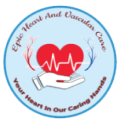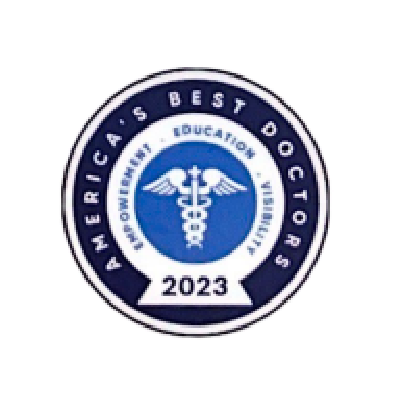
Epic Heart And Vascular Care

Your Satisfaction Is Our Success
Epic Heart And Vascular Care: Elevating Hearts, Empowering Lives,
Every Beat Matters.

5000+ Happy Clients

98% Recommendation Ratio

15+ Years of Experience
Meet Dr. Rishi Bajaj (MD, FACC, FSCAI, RPVI)
Team up with us as your Healthcare Partner
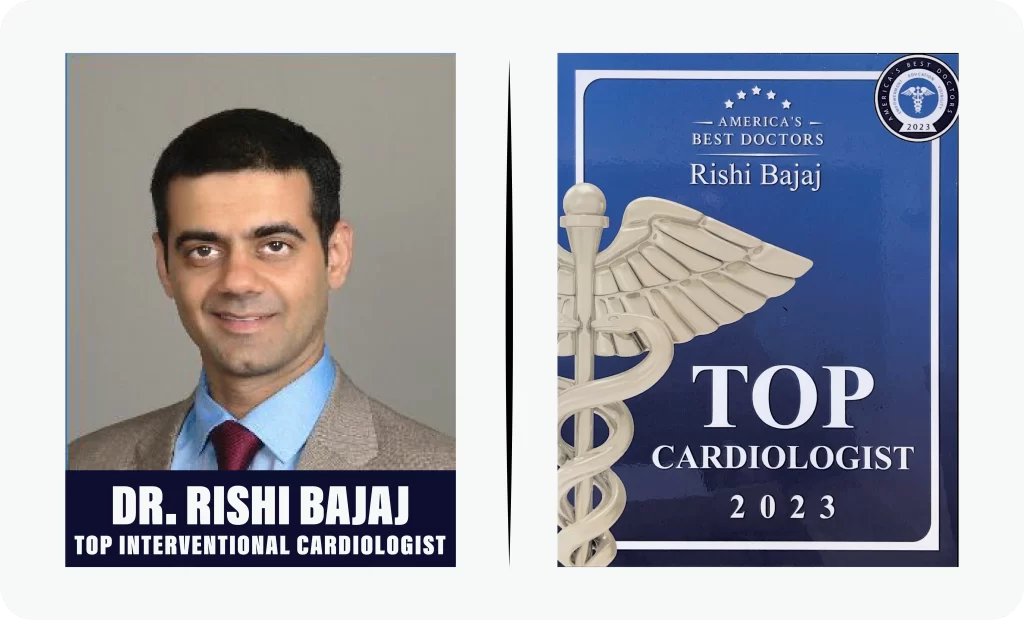
Dr. Rishi Bajaj, chosen as top Interventional Cardiologist, 2023
In association with Epic Heart & Vascular Care: Raising the benchmark for Cardiovascular care.
Trained as a general Cardiologist. Interventional Cardiologist, and Endovascular specialist, Dr. Bajaj is deeply committed to the well-being of his patients.
At Montefiore St. Luke’s Cornwall, Good Samaritan Hospital and Garnett Hospital, he treats Cardiovascular Diseases, including Coronary Heart Disease, Peripheral Vascular Disease, and Structural Heart conditions via Catheter-based procedures, such as Angioplasty and Stenting. Many of these venous procedures are performed on an outpatient basis with advanced techniques. Dr. Bajaj has special expertise in newer cutting-edge technology and he performs more than 95% of his Cardiac Catheterizations via radial route, which involves minimal risk, fewer complications and higher satisfaction from patients.
With years of experience in his field. Dr. Bajaj has developed a reputation for his exceptional expertise in diagnosing and treating various heart conditions. However, what truly sets him apart is his genuine compassion and care for his patients. He takes the time to listen to their concerns and work closely with them to create personalized treatment plans that cater to their individual needs.
Boasting an impressive educational background, Dr. Bajaj graduated from the University College of Medical Sciences in New Delhi, India. He then relocated to the United States, completed his general Cardiology fellowship at Saint Vincent Hospital affiliated with the University of Massachusetts Medical School.
Before completing his Cardiology fellowship, he taught resident physicians and medical students at Saint Vincent Hospital. Dr. Bajaj completed his Interventional Cardiology and Endovascular fellowship at the most prestigious Cooper University Hospital which has one of the highest volume of cardiac catheterization procedures performed in the United States.
Helping patients maintain a heart-healthy life, he is board certified in Cardiovascular disease and Interventional Cardiology by the American Board of Internal Medicine (ABIM). The ABIM is a physician-led, non-profit, independent evaluation organization driven by doctors who want to achieve higher standards for better care in a rapidly changing world. He is also board certified in registered physician vascular interpretation (RPVI)
Furthemore, Dr. Bajaj is certified in Trans Aortic Valve replacement (TAVR), Watchman device, Peripheral Arterial and Venous Intervententions.
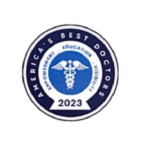
We Offer Wide Range of Services
01
Preventative
Cardiology
We can help you identify and manage your risk factors for heart disease, such as high blood pressure, obesity, high cholesterol, and diabetes.
02
Diagnostic Test
Modalities
We offer a variety of diagnostic tests to evaluate your heart health, including coronary artery calcium score, echocardiograms, stress tests, holter monitor, event monitor, loop monitor and electrocardiograms (EKGs), diagnostic cardiac catheterization.
03
Minimally Invasive
Cardiology
Invasive cardiology is a subspecialty of cardiology that focuses on the diagnosis and treatment of heart disease using minimally invasive procedures. Invasive cardiologists are trained to use catheters and other specialized instruments to access the heart and blood vessels through small incisions
04
Angioplasty &
Stenting
These procedures are used to open up blocked or narrowed coronary arteries. A catheter is used to insert a balloon into the artery, which is then inflated to widen the artery. A stent, which is a small metal mesh tube, may also be placed in the artery to help keep it open.
05
Atherectomy
This procedure is used to remove plaque from the coronary arteries. A catheter with a rotating blade is used to scrape away the plaque.
06
Valvuloplasty
This procedure is used to open up a narrowed heart valve. A catheter with a balloon is inserted into the valve, which is then inflated to widen the valve
07
Ablation
This procedure is used to destroy tissue that is causing abnormal heart rythms
08
Closure of holes
in the heart
This procedure is used to close holes in the heart that are present from birth.
Cardiovascular & Neurovascular Symptoms We Evaluate & Treat
Cardiac Symptoms
- Chest/epigastric pain or discomfort
- Dizziness or lightheadedness
- Swelling in the feet and ankles
- Cough
- Night sweats
- Fatigue
- Difficulty breathing while lying down
- Palpitations (feeling like your heart is racing or pounding)
Vascular Symptoms
- Pain in the legs or arms when walking or exercising
- Leg sores that won't heal
- Swelling in the legs
- Numbness or tingling in the legs or feet
- Sores on the feet or toes that don't heal
- Hair loss on the legs or feet
- Change in the color of the skin on the legs or feet
- Known history of blood clot/leg discoloration
- Leg pain or localized swelling to evaluate for blood clot
- Varicose veins/ reticular veins
- Restless legs
- Excessive itching in legs
- Numbness or weakness in your legs or feet
- Sudden loss of vision in one eye
- Difficulty speaking or understanding speech
- Sudden and severe headache
- Easy bruising
Visit Our Fastest Growing Same Day Chest Pain Clinic
With No Wait Time!
We offer a comprehensive range of diagnostic testing and treatments for chest pain
Our tests can help to identify the underlying cause of your chest pain, such as a heart attack, unstable angina, or a blood clot in the lung. Once we have diagnosed the underlying cause of your chest pain, we can develop a personalized treatment plan to help you manage your symptoms and reduce your risk of future complications.
We Offer A Variety Of Modalities For Chest Pain Evaluation &
Treatment, Including
01
Lifestyle changes
We can help you develop a healthy lifestyle plan that includes diet, exercise, and stress management.
02
Laboratory tests
We perform a stat on site comprehensive panel of blood tests to evaluate your risk of having a heart attack, blood clot with immediate results.
03
Diagnostic tests
We perform stat onsite electrocardiogram (EKG), echocardiogram, nuclear stress test, continuous monitoring of your heart rhythm and oxygen saturation. We also perform chest xray and Computed Tomography (CT) scan of your chest for further evaluation for your symptoms.
04
Medications
We offer a variety of medications to help relieve chest pain and reduce your risk of heart attack and stroke.
05
Minimally Invasive
Procedures
We offer a variety of minimally invasive procedures to treat chest pain, such as angioplasty, atherectomy, stenting, balloon pump and artificial heart implantation (Impella device).
Coronary Artery Disease (CAD)
It is a narrowing or blockage of the coronary arteries, the blood vessels that supply oxygen and nutrients to the heart. This can lead to chest pain, shortness of breath, and heart attack. Coronary angioplasty and stenting are minimally invasive procedures that can open up blocked coronary arteries and improve blood flow to the heart.
During coronary angioplasty, a thin, flexible tube called a catheter is inserted into an artery in the arm or groin and threaded up to the blocked coronary artery. A balloon at the tip of the catheter is then inflated to unblock the artery.
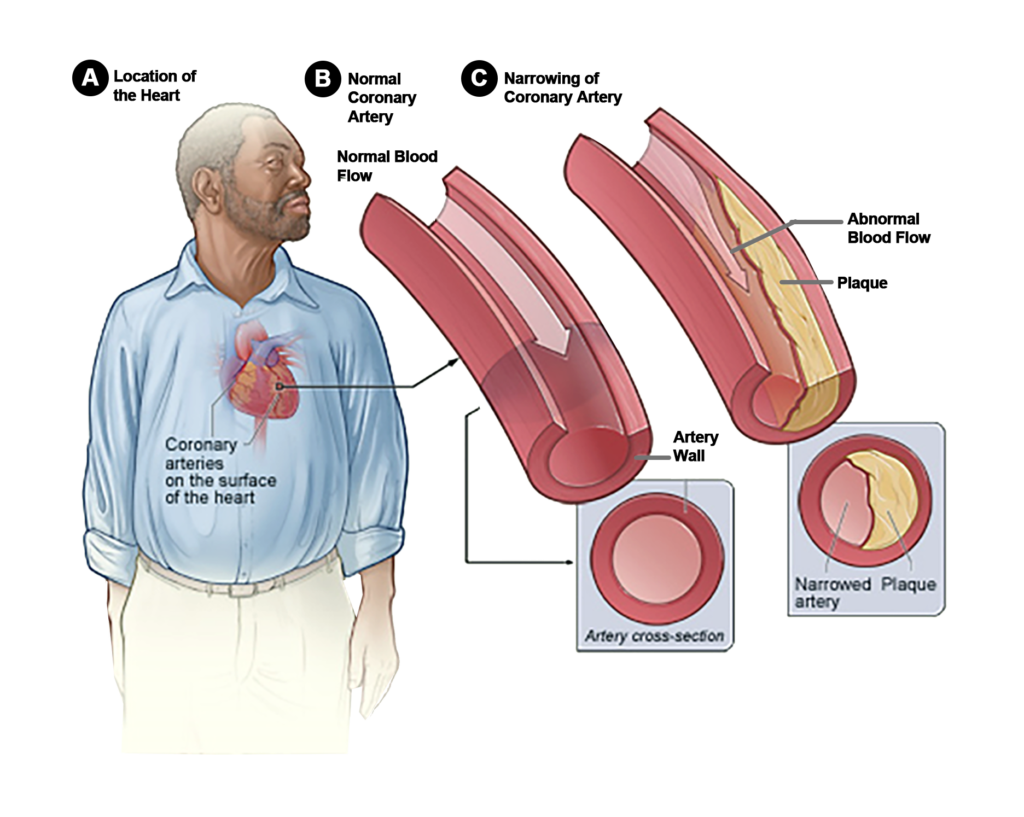
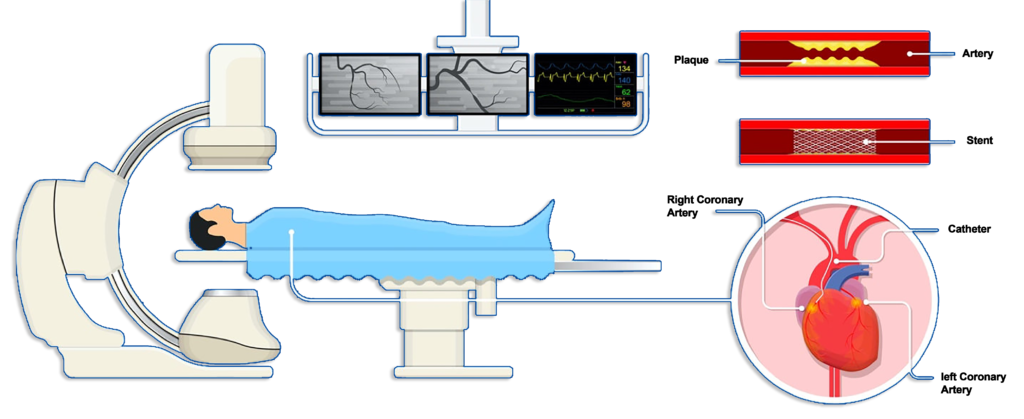
Benefits Of Coronary Angioplasty & Stenting
- Relieve chest pain and shortness of breath
- Improve blood flow to the heart
- Reduce the risk of heart attack
- Avoid open-heart surgery in many cases
- Shorter hospital stay
- Quicker recovery time
- The radial approach is a newer technique for performing coronary angioplasty and stenting. In this approach, the catheter is inserted into an artery in the wrist instead of the arm or groin. The radial approach is associated with a lower risk of bleeding and other complications compared to the traditional femoral approach.
Benefits Of The Radial Approach
- Lower risk of bleeding
- Reduced risk of infection
- Shorter hospital stay
- Quicker recovery time
- More comfortable for patients
Overall, coronary angioplasty and stenting are safe and effective procedures that can significantly improve the quality of life for people with CAD. The radial approach is the preferred method for performing these procedures due to its lower risk of complications. If you are considering coronary angioplasty and stenting, talk to Dr. Bajaj about the benefits and risks of these procedures and whether the radial approach is right for you.
Visit Our Epic Vein Clinic
Leading Vein Clinic
Epic Heart And Vascular Care is a Leading Vein Clinic that specializes in the treatment of Varicose Veins, Spider Veins, and other vein disorders. We offer a wide range of minimally invasive treatments that can help you get rid of your unwanted veins and improve your overall health and appearance.
Our team of experienced and board-certified vein specialists is committed to providing you with the highest quality care possible. We will work with you to develop a personalized treatment plan that meets your specific needs and goals.
Benefits Of Our In-Office Minimally Invasive Vein Treatment Include No Wait Time, No Driving Restrictions & Patient Can Go Back To Work The Same Day
Our Vein Treatment
Our vein treatments are safe, effective, and virtually painless. Most of our procedures can be done in our office in less than an hour, and you will be able to go home the same day.

Experience The Confidence Of Healthy Legs
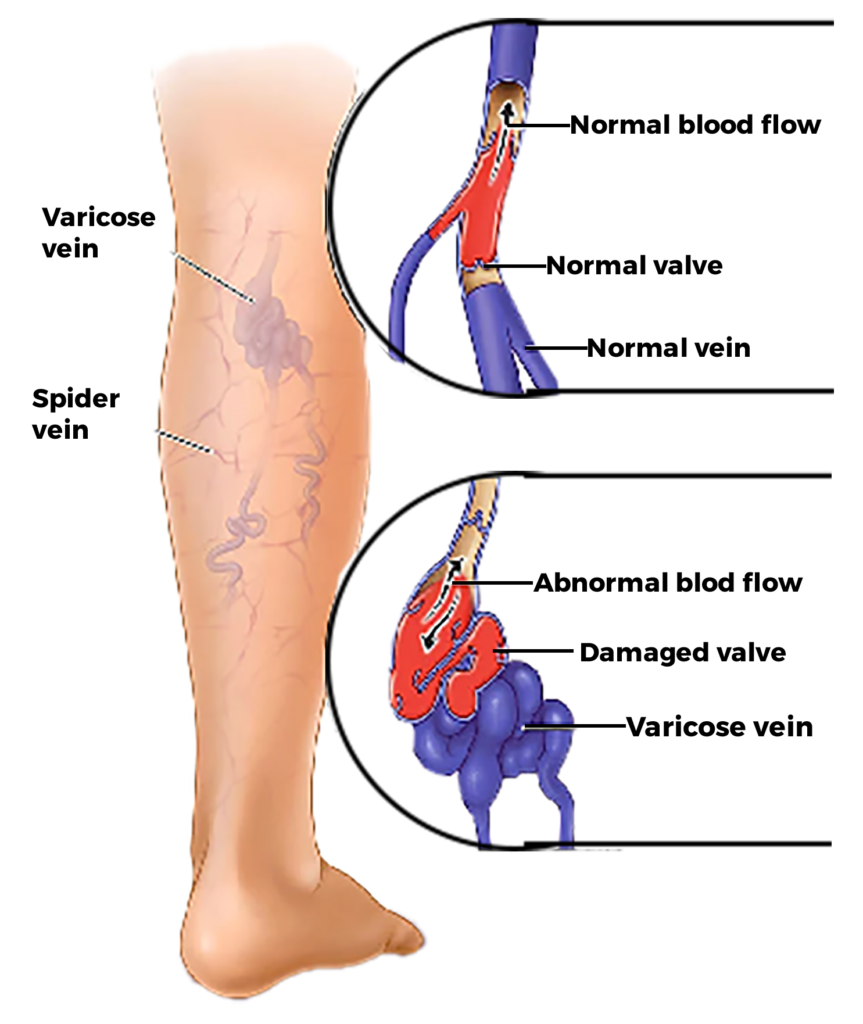
Are you struggling with the discomfort and appearance of Varicose or Spider Veins?
You’re not alone. Millions of people experience these common vein problems, which can cause pain, swelling, and a loss of self-confidence.
At Epic Vein Clinic, we understand the impact that vein problems can have on your life. That’s why we’re dedicated to providing our patients with the latest, most effective treatments for varicose and spider veins. Our team of experienced vein specialists is committed to helping you achieve healthy, beautiful legs that you can feel confident about.
We Offer A Variety Of Vein Treatments, Including
01
Endogenous Laser Ablation (EVLA)
This is a minimally invasive procedure that uses laser energy to close off varicose veins.
02
Radiofrequency Ablation (RFA)
This procedure uses radiofrequency energy to close off varicose veins.
03
Sclerotherapy
This procedure involves injecting a solution into varicose veins to cause them to collapse and disappear.
04
Microphlebectomy
This procedure involves removing small varicose veins through tiny incisions.
Peripheral Artery Disease (PAD)
A condition that affects the arteries in the legs and feet. It is caused by a buildup of plaque in the arteries, which can narrow or block the blood flow. PAD can lead to pain, numbness, and cramping in the legs, especially when walking or exercising. In severe cases, PAD can lead to gangrene and amputation.
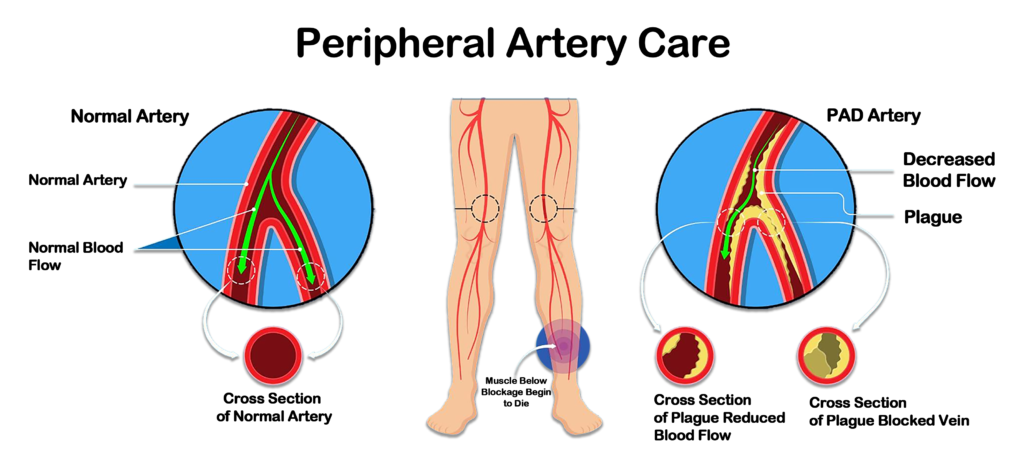
We Offer A Wide Range Of PAD Services
01
Prevention
We can help you develop a personalized plan to reduce your risk of PAD and its complications. This plan may include lifestyle changes, such as quitting smoking and exercising regularly, as well as medication management.
02
Diagnosis
We offer a variety of diagnostic tests to identify PAD early on. These tests include physical exams, anklebrachial index (ABI) tests, and imaging tests such as ultrasounds and angiograms.
03
Treatment
We offer a variety of treatment options for PAD, depending on the severity of your condition. Treatment options include medication, lifestyle changes, and minimally invasive procedures.
Benefits Of Our State Of The Art Minimally Invasive Treatment
- Increase cardiology procedures can be used to diagnose and treat a wide range of heart diseases.
- These procedures are minimally invasive, which means that they involve small incisions and less pain and recovery time than traditional open-heart surgery.
- Invasive cardiology procedures can often be performed on an outpatient basis, meaning that patients can go home the same day.
- Invasive cardiology procedures can significantly improve a patient s quality of life and reduce their risk of death from heart disease.
A Case Study
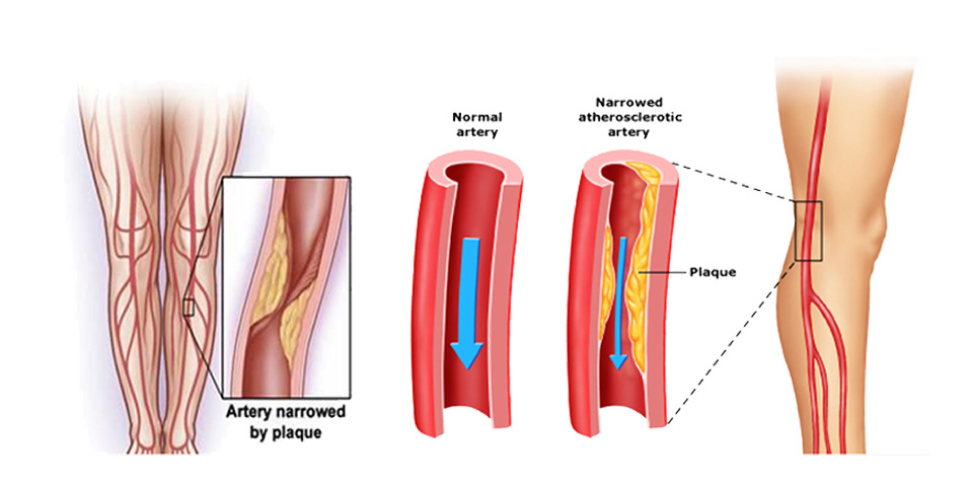
Patients with peripheral artery disease (PAD) are frequently ignored but PAD is
known to have a significantly increased risk of cardiovascular mortality.
Patients with peripheral artery disease (PAD) are frequently ignored but PAD is known to have a significantly increased risk of cardiovascular mortality.
A study published in the journal Circulation: Cardiovascular Quality and Outcomes found that patients with symptomatic PAD had a four-fold greater risk of overall mortality and an approximately eight-fold greater risk of cardiovascular death than patients without PAD.
There are several reasons why patients with PAD have an increased
risk of cardiovascular mortality.
- PAD is a marker of systemic atherosclerosis, which is a narrowing of the arteries due to
the buildup of plaque. This narrowing can restrict blood flow to the heart, brain, and other
organs, increasing the risk of heart attack, stroke, and other cardiovascular events. - Patients with PAD are more likely to have other cardiovascular risk factors, such as
smoking, diabetes, and high blood pressure. These risk factors further increase the risk of
cardiovascular death. - Patients with PAD are often less mobile than patients without PAD. This can lead to weight
gain and other health problems that further increase the risk of cardiovascular death.
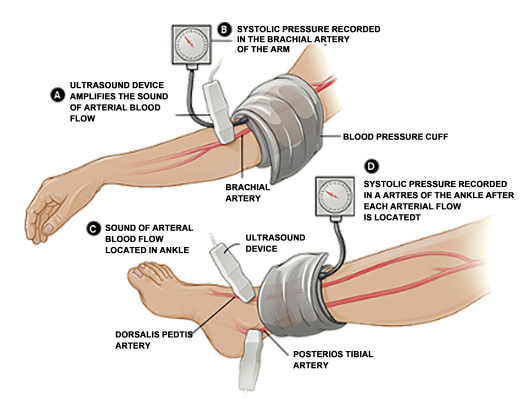
Schedule a visit to us to get educated about the number of things that you can
do to reduce your risk of cardiovascular mortality, including:
Screening for Peripheral Artery Disease (PAD) Who should be screened for PAD?
The US Preventive Services Task Force (USPSTF) recommends that adults aged 50 to 79 years with at least one risk factor for PAD be screened once for PAD. Risk factors for PAD include:
- Age 50 or older.
- Smoking.
- High blood pressure
- High cholestrol
- Diabetes
- Family history PAD
What is the screening test for PAD?
The most common screening test for PAD is the ankle brachial index (ABI). The ABI is a simple, non invasive test that compares the blood pressure in your ankles to the blood pressure in your arms. A low ABI may indicate that you have narrowing or blockage of the arteries in your legs.
Schedule an appointment with us to schedule your screening for PAD.
Patients with Peripheral Artery Disease (PAD) are frequently ignored but PAD is
known to have a significantly increased risk of Cardiovascular Mortality.
Accepted Insurances
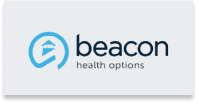
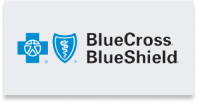

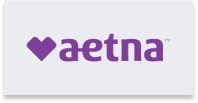
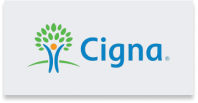

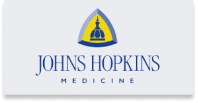
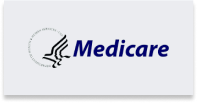
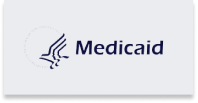
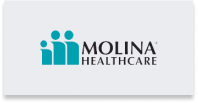

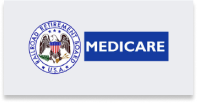
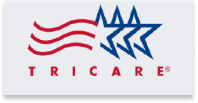
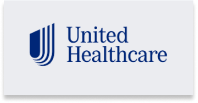

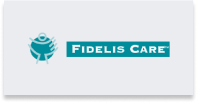


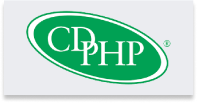

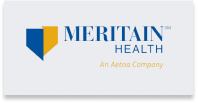
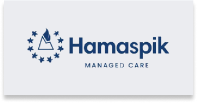
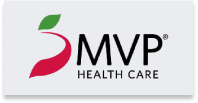



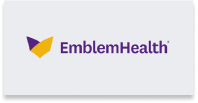
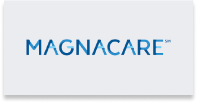




























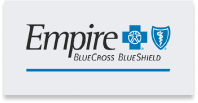
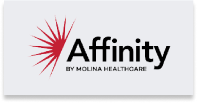
Happy Stories

Debra Peters
I had a fantastic experience with Dr. Bajaj. The staff was exceptionally friendly and
compassionate, making me feel comfortable throughout my visit. The cardiologists were incredibly knowledgeable, taking the time to
address all of my concerns. It’s evident that they genuinely care about their patients’ wellbeing. I trust them completely with my heart health

Evelyn Jimenez
I can’t thank Dr. Bajaj enough for the
exceptional care. The entire team is warm,
friendly, and incredibly knowledgeable. They have a deep understanding of cardiovascular health and provided me with invaluable guidance for managing my condition. I feel fortunate to have found a clinic I can trust wholeheartedly. I highly recommend Dr. Bajaj to anyone seeking top-quality cardiac care.

Kim Zang
I am writing to express my heartfelt gratitude for the life-saving care he provided. His expertise and swift action truly made a difference, and I cannot thank him enough.

Jeffrey Lunham
I wish to express my sincere appreciation for the exceptional care provided by Dr. Rishi, making him the most responsible and caring physician I have encountered in my 87 years.

Alice Marson
Profound Gratitude to Dr. Bajaj I want to express my deep gratitude for the life-saving care you provided. Your expertise and timely intervention made all the difference.

L. Bullpix
Give Your Heart The Care It Deserves Book A Checkup Now!
Your heart deserves the best care, contact us now to book your appointment and prioritize your well-being!
